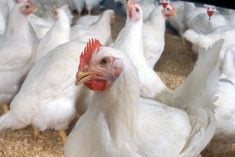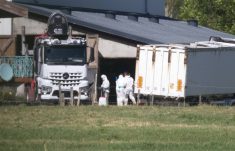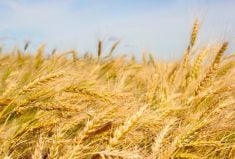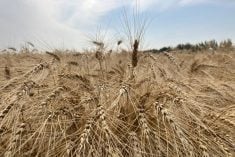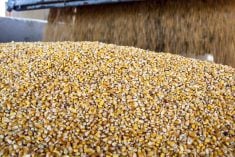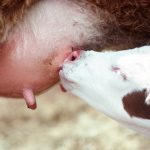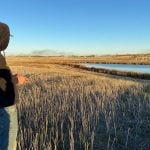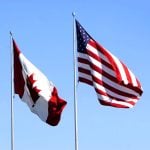Paris | Reuters — The World Organization for Animal Health (OIE) has lowered to the safest level the official risk of six countries for BSE, a move expected to open international market access for their beef exports.
These countries are France, Ireland, Switzerland, the Czech Republic, Cyprus and Liechtenstein.
OIE members in Paris last week eased the six countries’ status on bovine spongiform encephalopathy (BSE) to “negligible risk” from “controlled risk.”
One of the OIE criteria to be categorized as a negligible BSE risk country is to demonstrate that the last infected native animal was born more than 11 years ago, it said.
Read Also
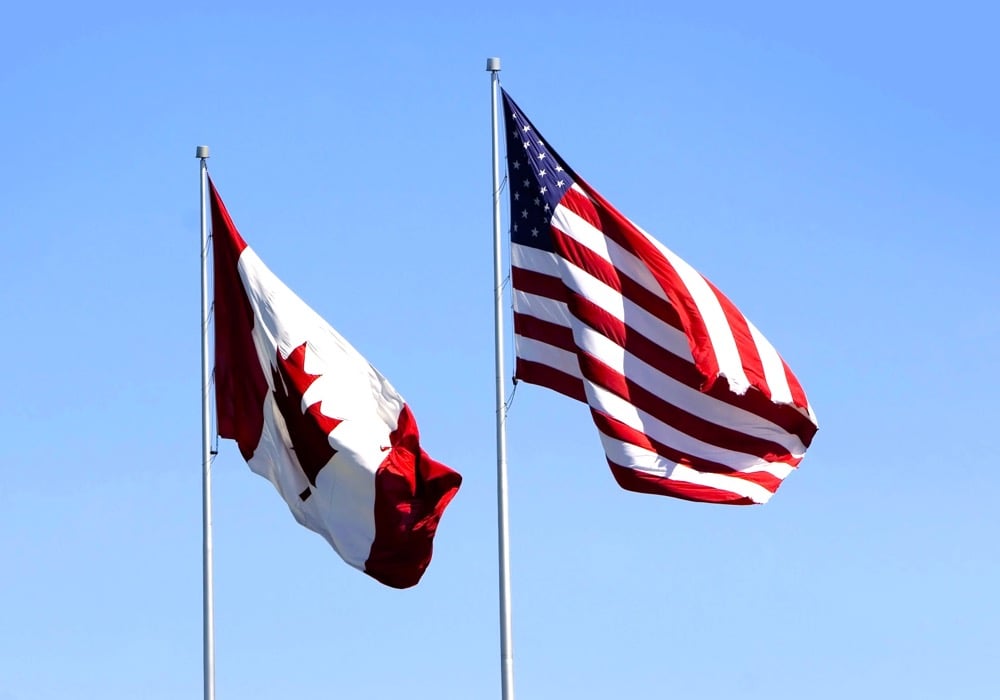
Canadian trade data delayed by U.S. government shutdown
Canadian international trade data for September will be delayed indefinitely due to the ongoing partial shutdown of the United States government, Statistics Canada said Friday, Oct. 24.
“The main advantage will be at international trade level because many countries insist on limiting trade exchange to countries that have the same risk status,” Karin Schwabenbauer, head of the OIE Council and World Assembly, told reporters.
France welcomed the decision, noting the BSE epidemic that spread from Britain to mainland Europe in the 1980s because of contaminated meal had prompted consumer distrust and trade restrictions.
“I appeal to countries that still have an embargo on exports of this sector to lift it very quickly,” French Agriculture Minister Stephane Le Foll said in a statement.
Thirteen countries ban French beef and beef products because of BSE — Brazil, China, Argentina, Saudi Arabia, Taiwan, South Africa, Botswana, Mali, Uganda, South Korea, Iraq, Syria and Qatar — a farm ministry spokesman said. Japan, Vietnam and Singapore ban meat from cattle older than 30 months (OTMs).
Ireland earlier this year signed export deals with China and the U.S., making it the only European country to be allowed to export beef to both countries.
The U.S. was upgraded from “controlled risk” to “negligible risk” for BSE in 2013, while Canada has remained at “controlled risk” since 2007.
OIE standards require both “negligible risk” and “controlled risk” countries to identify, track and prevent birth cohorts and feed cohorts of any previous known indigenous BSE-infected animals from entering their food and feed chains or export trade.
According to the Canadian Food Inspection Agency, Canada and other “controlled risk” countries with indigenous BSE cases must also show they have education and reporting programs, “diagnostic competency” in their lab systems, and effective feed bans.
— Reporting for Reuters by Sybille de La Hamaide from Paris. Includes files from AGCanada.com Network staff.



